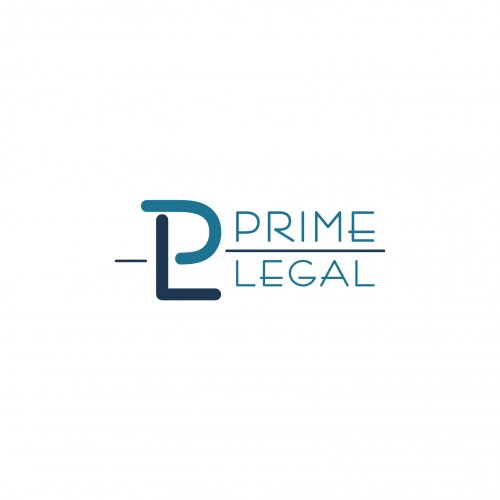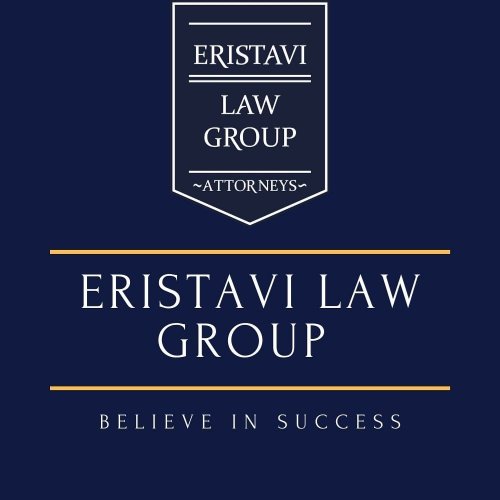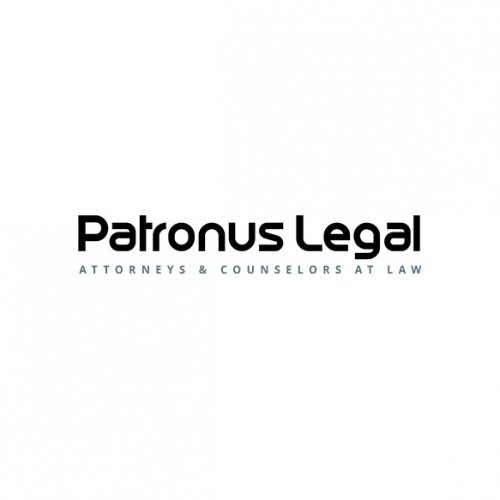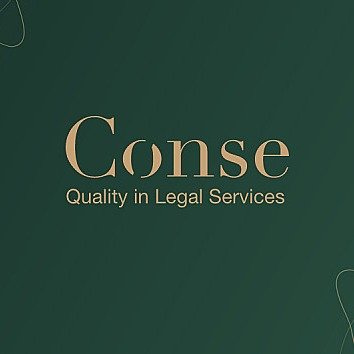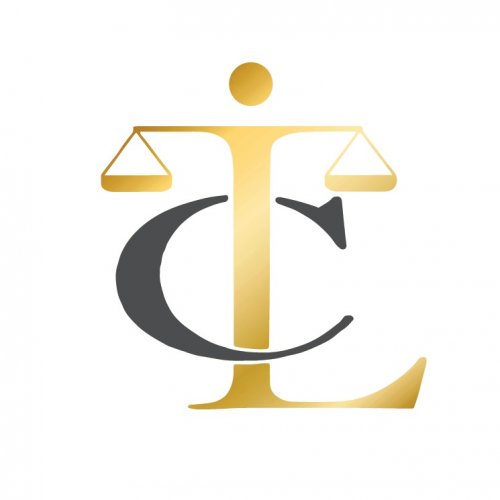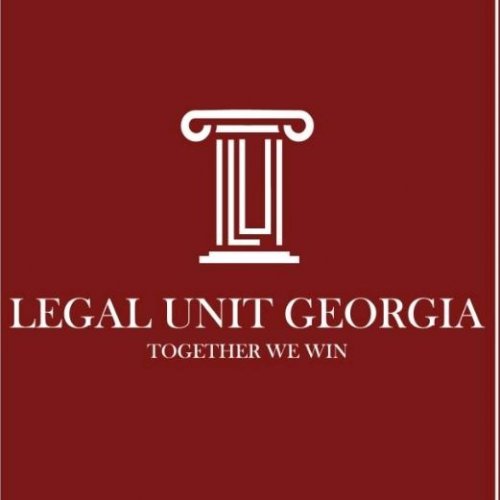Best Art & Cultural Property Law Lawyers in Tbilisi
Share your needs with us, get contacted by law firms.
Free. Takes 2 min.
List of the best lawyers in Tbilisi, Georgia
About Art & Cultural Property Law in Tbilisi, Georgia
Art & Cultural Property Law in Tbilisi, Georgia, encompasses a range of legal considerations focused on the protection and management of the nation's cultural heritage. This field of law deals with artworks, historical artifacts, and other cultural properties that are significant to Georgia's cultural patrimony. As Tbilisi is a hub of cultural activities, the legal framework seeks to balance the protection of art and cultural properties while fostering an environment where art can thrive.
Why You May Need a Lawyer
There are several situations where individuals or entities may require the expertise of a lawyer specializing in Art & Cultural Property Law:
- Acquisition or sale of art pieces, where provenance and authenticity must be legally verified.
- Disputes over the ownership of cultural artifacts, especially those removed from their origin.
- Restitution claims and the repatriation of art objects and heritage items to Georgia.
- Drafting and reviewing of agreements for artists, galleries, and collectors.
- Navigating licensing and copyright issues related to artworks.
- Understanding tax implications and export licenses for art transactions.
- Compliance with both national and international cultural heritage laws.
- Providing legal advice to museums, cultural institutions, and private collectors.
Local Laws Overview
Georgia's legal framework concerning Art & Cultural Property Law is structured to protect and preserve its rich cultural heritage. Key regulations include:
- Protection of Cultural Heritage: Laws are in place to ensure the protection of movable and immovable cultural heritage, requiring any transaction, restoration, or transportation of such items to comply with strict legal guidelines.
- Cultural Property Regulations: The export and import of art and cultural property are regulated to prevent illegal trade, requiring permits and thorough documentation.
- Intellectual Property Rights: Copyright laws protect the rights of creators, ensuring artists retain control over the reproduction and sale of their work.
- International Conventions: Georgia is a signatory to various international agreements that affect art and cultural property, including the UNESCO Convention on the Means of Prohibiting and Preventing the Illicit Import, Export, and Transfer of Ownership of Cultural Property.
Frequently Asked Questions
What is considered cultural property in Georgia?
Cultural property in Georgia includes any artifact, artwork, or historic item that has significance to the nation's heritage. This encompasses paintings, sculptures, manuscripts, and ancient relics.
Can cultural artifacts be exported from Georgia?
Exporting cultural artifacts from Georgia requires a government-issued permit. Unauthorized export is illegal and subject to severe penalties.
How are artists protected under Georgian law?
Artists in Georgia are protected under intellectual property laws, which cover copyright and moral rights, ensuring they have control over how their works are used and distributed.
What should I do if I acquire a piece of art with questionable provenance?
If you acquire a piece of art and its provenance is unclear, it is advisable to consult with a lawyer who can help verify its legal status and ensure compliance with local and international laws.
Are there tax implications for buying or selling art in Georgia?
Yes, there are tax implications involved in the buying and selling of art. It's essential to consult a legal expert to understand the specific tax obligations.
How can I protect my art from being copied or used without permission?
Artists can protect their works by registering for copyright protection and ensuring they have clear, written agreements outlining the terms of use.
What actions can be taken if cultural property is stolen?
If cultural property is stolen, immediate action includes reporting to local authorities and possibly engaging with international bodies, depending on the item's significance and location.
How does Georgia comply with international art and cultural property regulations?
Georgia complies through laws aligned with international conventions like UNESCO, ensuring the legal movement and protection of cultural properties.
Who is responsible for enforcing art and cultural property laws in Georgia?
The Ministry of Culture, along with other governmental bodies, is responsible for enforcing these laws and ensuring the protection of Georgia's cultural heritage.
Can art dealers operate with foreign entities under Georgian law?
Yes, art dealers can engage with foreign entities, but they must comply with both local and international laws, including those related to trade and export.
Additional Resources
The following resources may be helpful for anyone seeking legal advice on Art & Cultural Property Law in Tbilisi, Georgia:
- The Ministry of Culture, Sport and Youth of Georgia: This ministry oversees cultural heritage protection and can provide guidelines on regulations and legal requirements.
- Georgian National Museum: Useful for insights on cultural properties and potential restitution claims.
- UNESCO: For international legal frameworks related to cultural property.
- Local Bar Associations: These organizations can help connect you with specialized lawyers in Art & Cultural Property Law.
Next Steps
If you need legal assistance in the field of Art & Cultural Property Law in Tbilisi, consider the following steps:
- Conduct preliminary research to understand the basics of your legal question or issue.
- Contact a legal professional specializing in art and cultural property law in Tbilisi.
- Gather all relevant documentation, including ownership proof, provenance records, and any existing agreements.
- Outline your concerns and objectives clearly when consulting with your lawyer.
- Explore additional resources like governmental libraries and legal databases for supplementary information.
Seeking specialized legal advice will ensure you navigate the complexities of Art & Cultural Property Law effectively and protect your interests in Georgia’s rich cultural landscape.
Lawzana helps you find the best lawyers and law firms in Tbilisi through a curated and pre-screened list of qualified legal professionals. Our platform offers rankings and detailed profiles of attorneys and law firms, allowing you to compare based on practice areas, including Art & Cultural Property Law, experience, and client feedback.
Each profile includes a description of the firm's areas of practice, client reviews, team members and partners, year of establishment, spoken languages, office locations, contact information, social media presence, and any published articles or resources. Most firms on our platform speak English and are experienced in both local and international legal matters.
Get a quote from top-rated law firms in Tbilisi, Georgia — quickly, securely, and without unnecessary hassle.
Disclaimer:
The information provided on this page is for general informational purposes only and does not constitute legal advice. While we strive to ensure the accuracy and relevance of the content, legal information may change over time, and interpretations of the law can vary. You should always consult with a qualified legal professional for advice specific to your situation.
We disclaim all liability for actions taken or not taken based on the content of this page. If you believe any information is incorrect or outdated, please contact us, and we will review and update it where appropriate.



